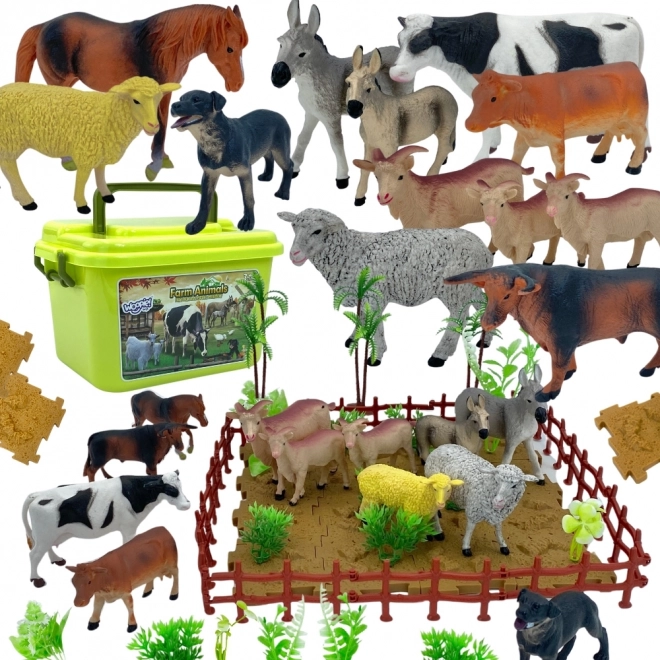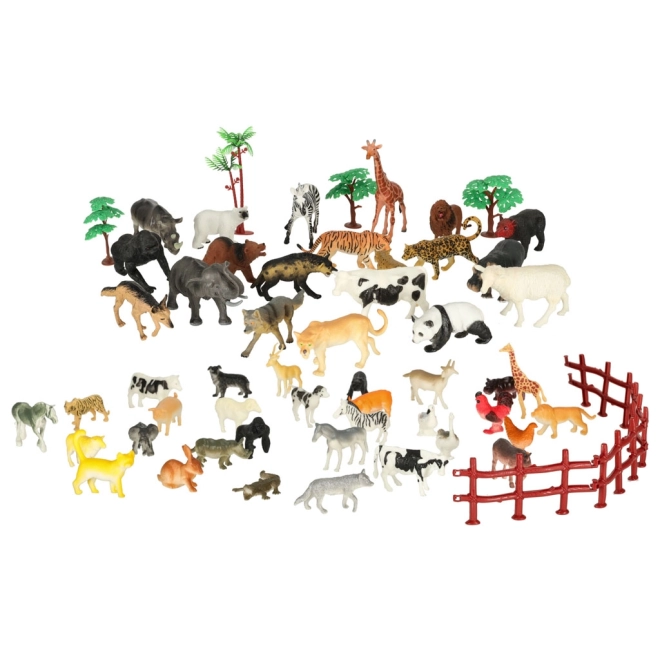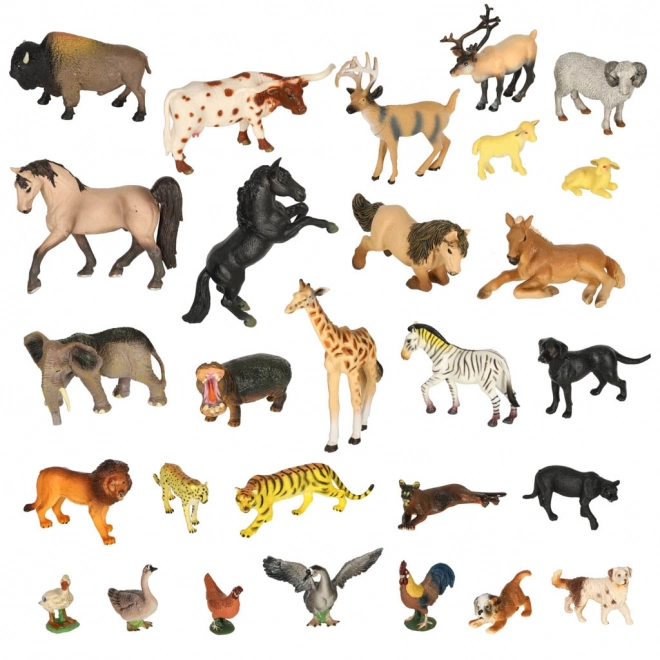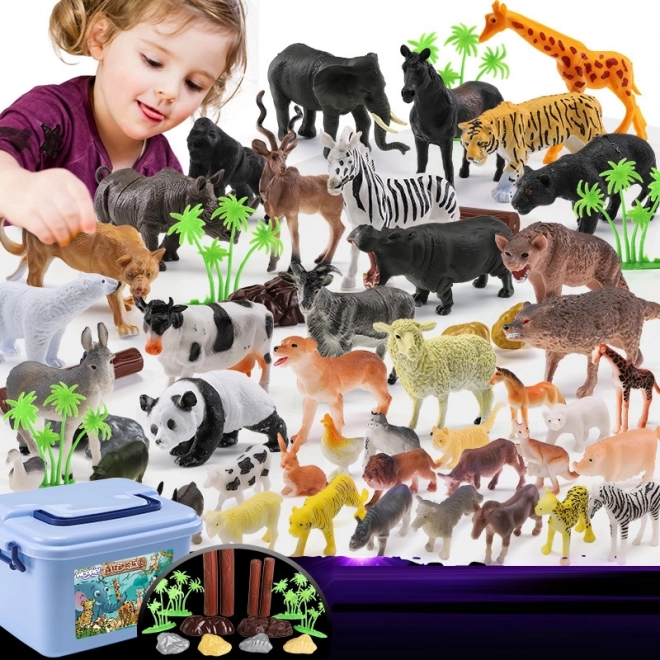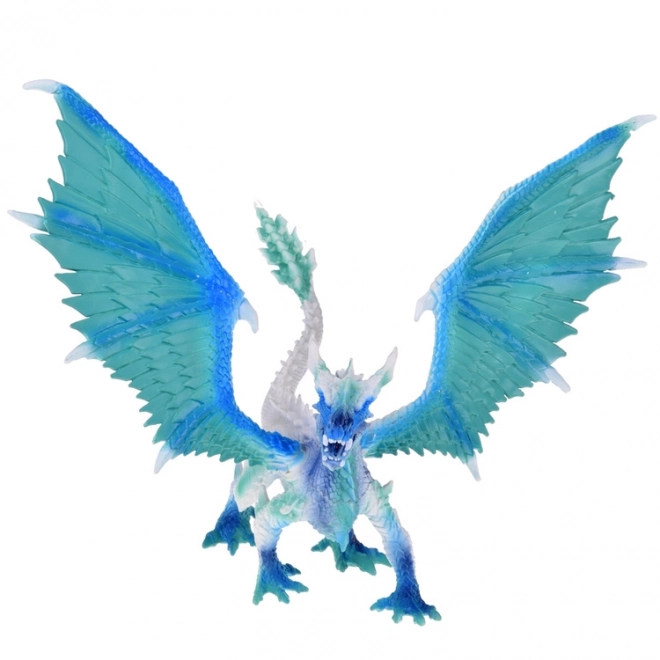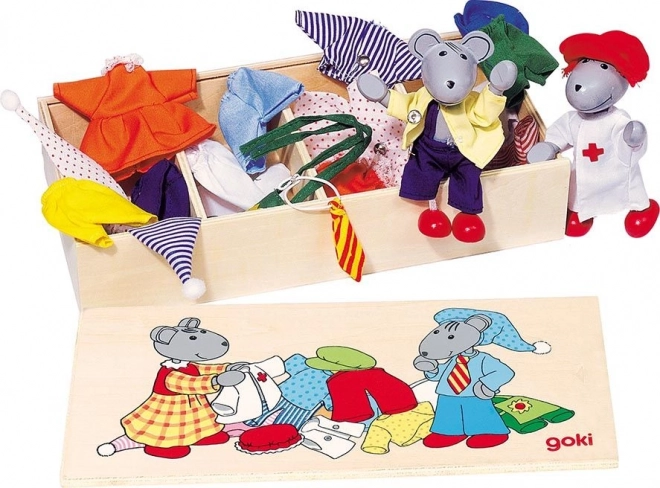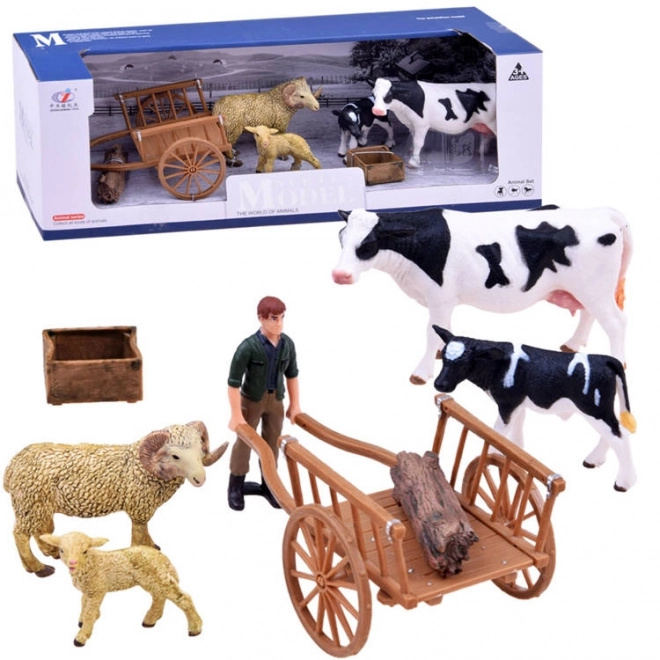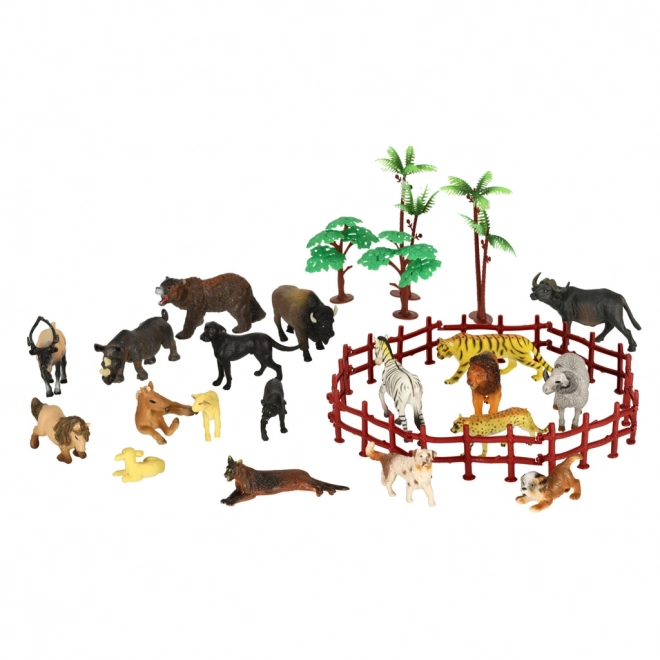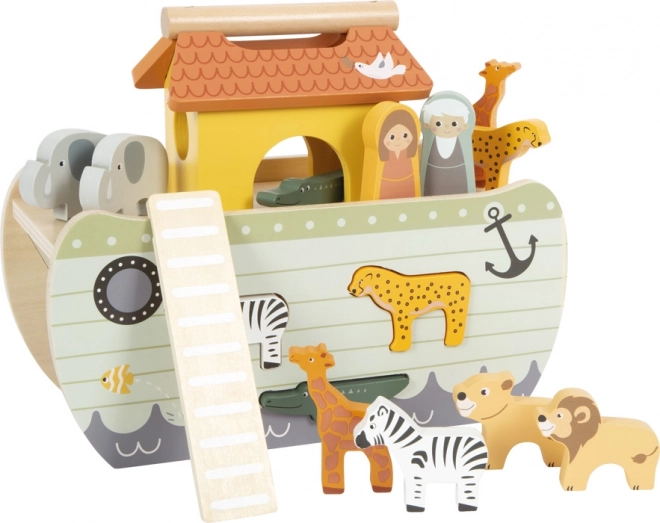Domestic donkey zooted plastic 9 cm in bag
441688-0
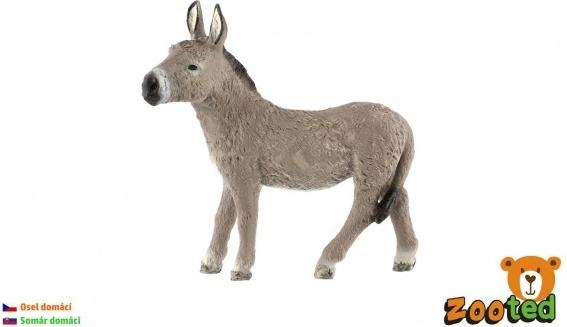
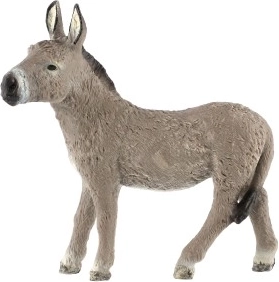



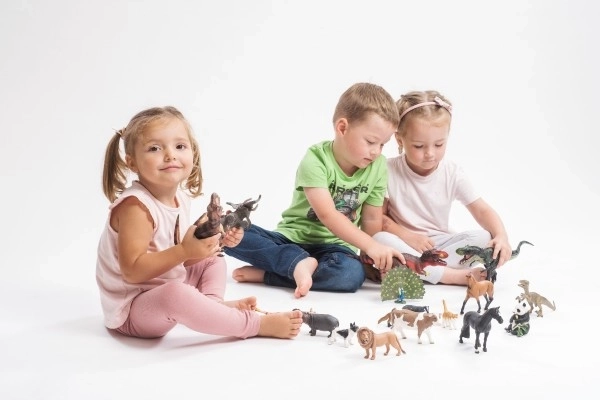
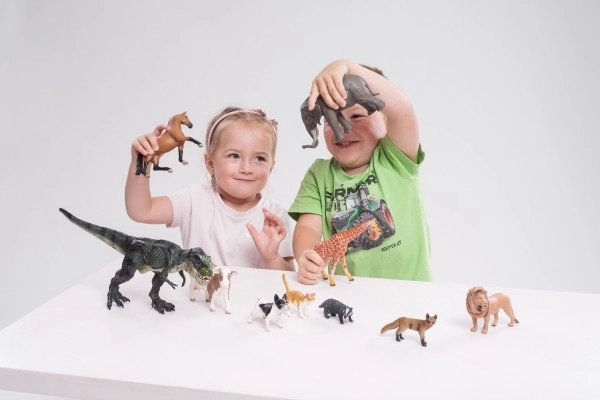
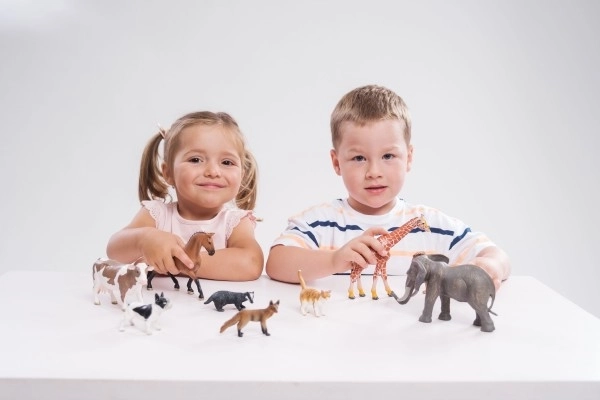

€3.80
Sold out
Explore the realistic Home Donkey Toy Figure, a perfect choice for educational and imaginative play. Made of durable plastic, it measures 9 cm and provides insights into the life and roles of domestic donkeys. Ideal for teaching children about agriculture









Domestic donkey zooted plastic 9 cm in bag
441688-0
Explore the realistic Home Donkey Toy Figure, a perfect choice for educational and imaginative play. Made of durable plastic, it measures 9 cm and provides insights into the life and roles of domestic donkeys. Ideal for teaching children about agriculture
€3.80
Sold out
The wild ancestors of the domestic donkey are the Nubian and Somali African donkeys, which are now nearly extinct. Donkeys are used mainly for carrying loads—up to 300 kg—and less often for draft work, riding, or for milk, meat, and hide. The female is called a jenny, and the young a foal. The domestic donkey is a herbivore. Its frugality in diet is proverbial: aside from nettles, sorrel, and grass soiled with urine and feces, the domestic donkey eats almost all plant matter; donkeys even nibble wood and can partially digest it. Clean water is essential, however. Their hardiness and ability to subsist on low‑nutrient plants come from their wild ancestors, which before domestication often lived on various dry grasses and semi‑desert thorny shrubs. Lifespan: 27–40 years; weight: 80–480 kg (adult); speed: up to 24 km/h; height: 79–160 cm (adult, at the withers).

